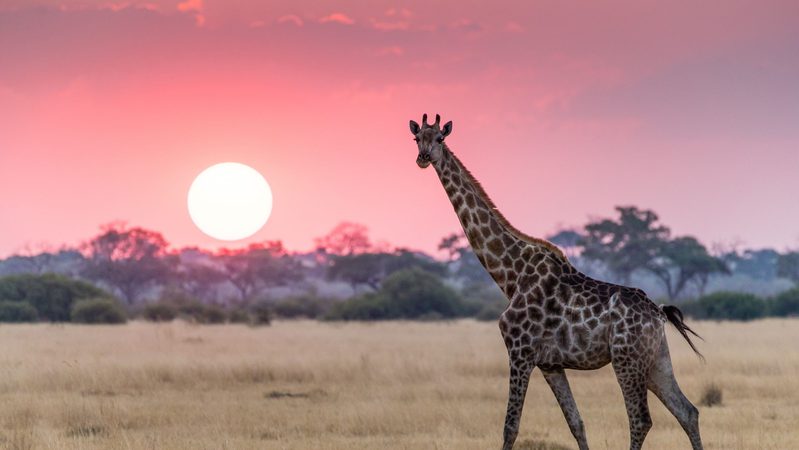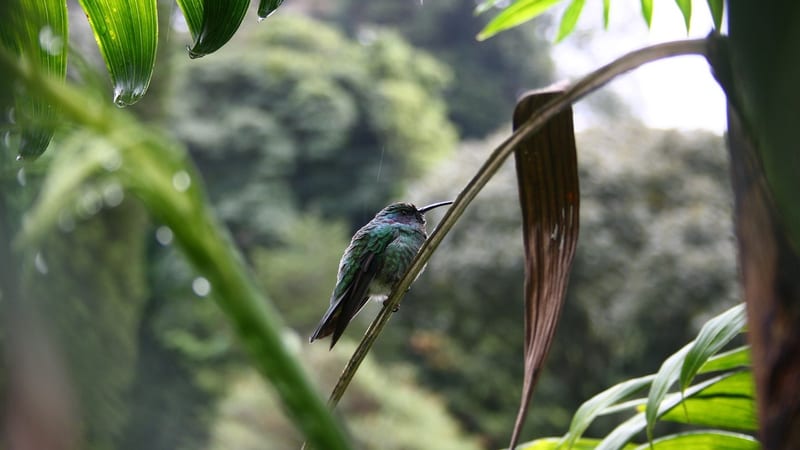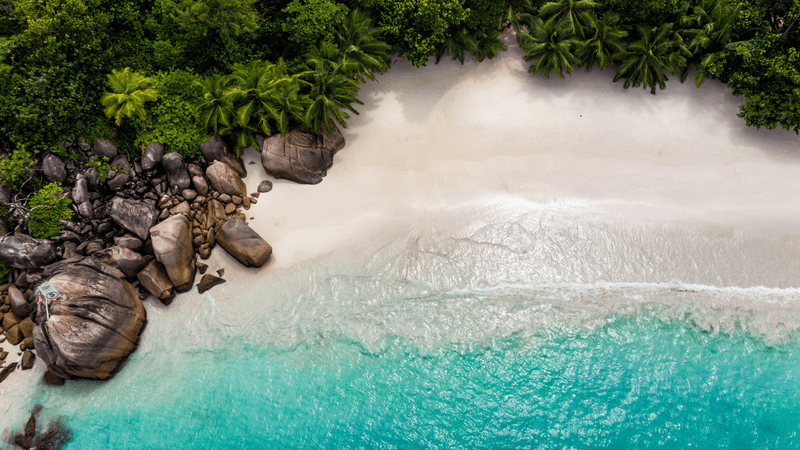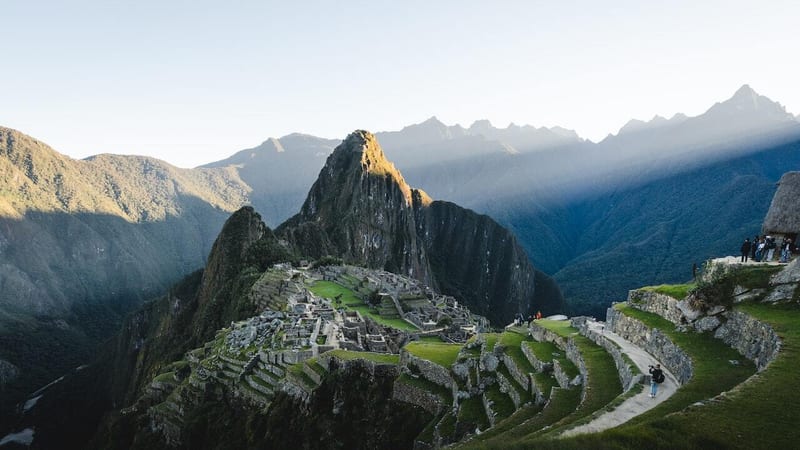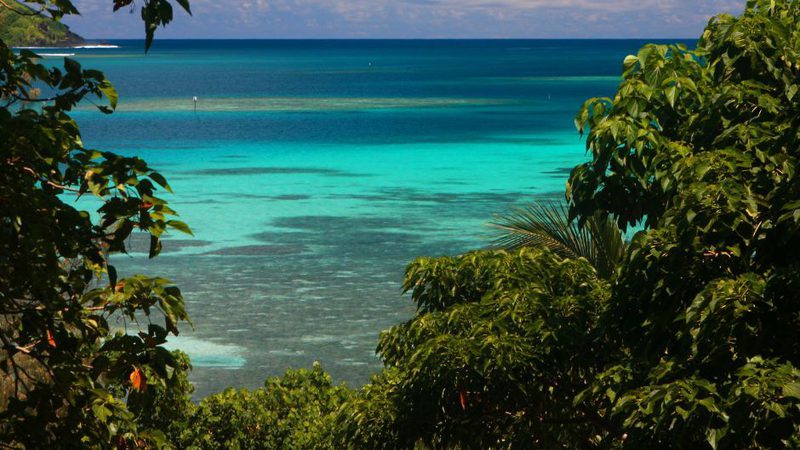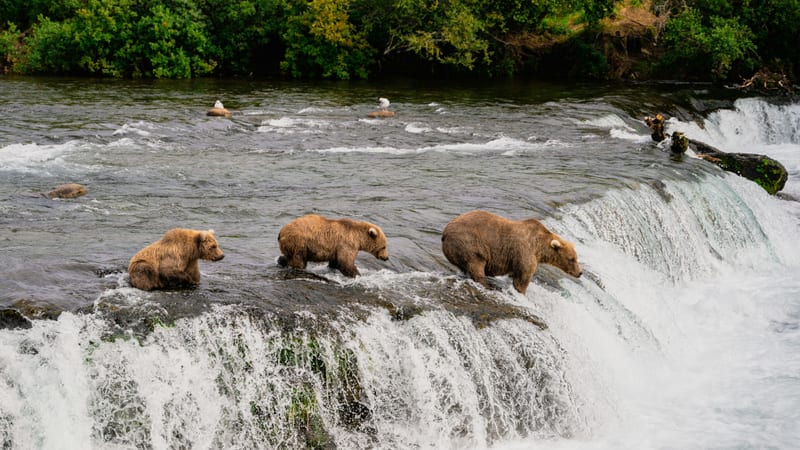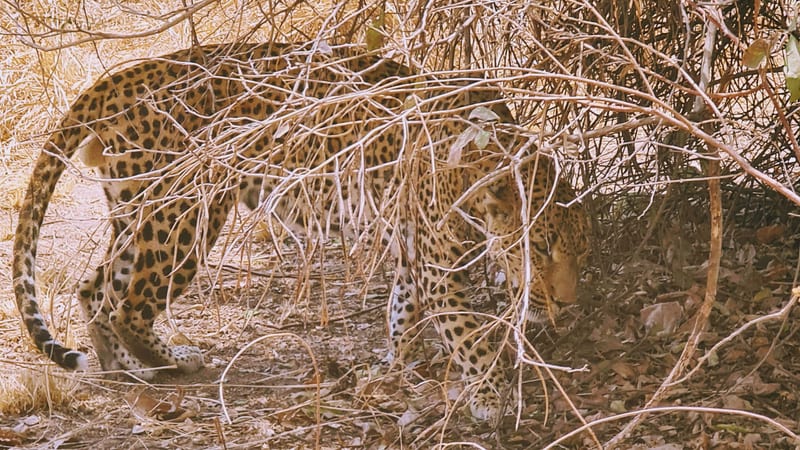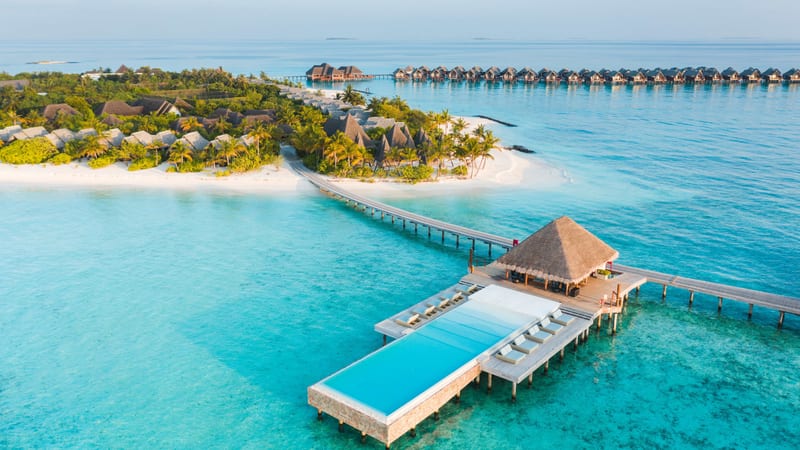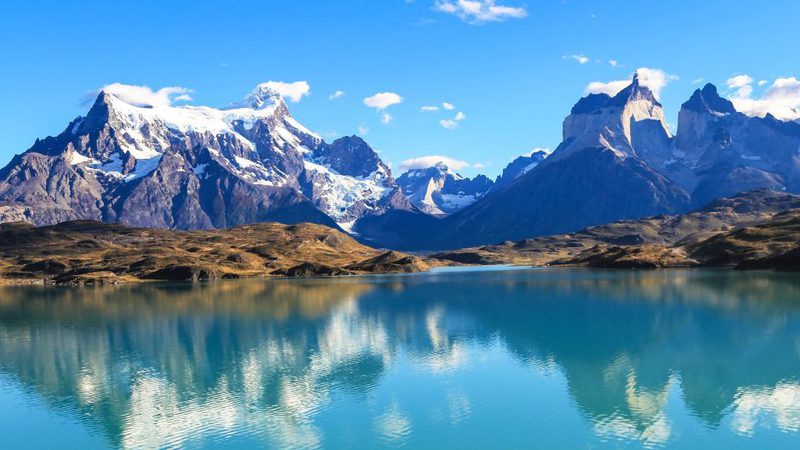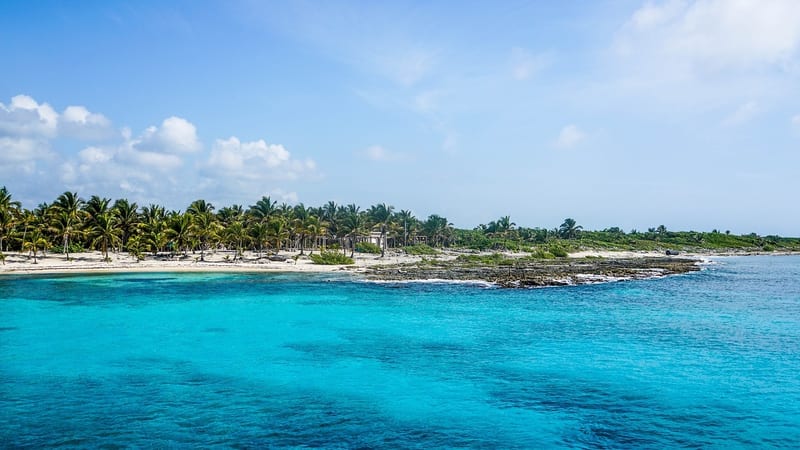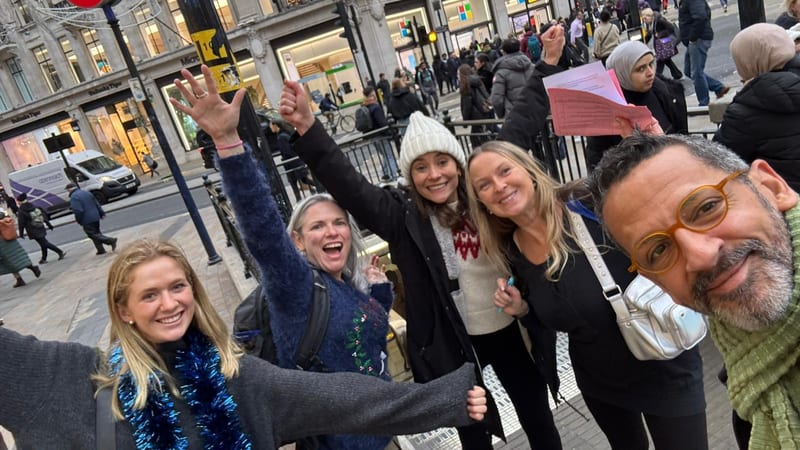Idyllic location where lowland rainforest meets deserted beach at the Bay of Antongil
Location:
Masoala Forest Lodge is tucked away on Madagascar’s remote northeastern coast, nestled in a sheltered cove within Masoala National Park. Accessible only by boat from Maroantsetra or on foot, it overlooks Antongil Bay and the Tampolo Marine Reserve, offering a pristine junction where rainforest meets the sea.
Rooms:
The lodge accommodates a maximum of 14 guests across seven palm‑thatched treehouses, each elevated on stilted wooden platforms. Interiors are simple and airy, with gauze windows, natural ventilation, mosquito nets, private verandas with hammocks, en‑suite bathrooms with solar hot water and stunning views of the forest canopy and ocean.
Amenities:
Meals are served in open‑plan communal areas—the Beach House and Sea Deck—overlooking the beach and bay. There’s a lounge, bar, natural history library, and a spa tent set beside the shore for massages. Wi‑Fi is available in communal spaces, though patchy due to remoteness.
Activities:
Guests can choose from forest walks (day and night), sea kayaking in mangroves, snorkelling in coral-rich waters, whale-watching in season, fishing, and cultural tours to nearby villages. Wildlife highlights include sightings of rare lemurs such as red ruffed, white-fronted, woolly and mouse lemurs, as well as aye‑aye on night walks.
Sustainability:
Masoala Forest Lodge supports local Betsimisaraka communities through employment, cultural preservation, and long-term benefit programmes. It actively contributes to rainforest conservation by partnering with global organisations and operating with low-impact, sustainable practices that protect this biodiversity hotspot.
Best places to stay in Madagascar
Madagascar Trip Inspiration
When to go to Madagascar
Find out the best time to visit Madagascar with our month by month guide.
- Best
- Good
- Mixed
- Jan
- Feb
- Mar
- Apr
- May
- Jun
- Jul
- Aug
- Sep
- Oct
- Nov
- Dec
January
The cyclone season in Madagascar is between January and March, which means it's hot and wet and isn't the best time of year to travel. The east coast is generally wetter than the west or south.
February
February is the wettest month, with heavy downpours and the risk of cyclones making travel difficult, and wildlife hard to spot.
March
March remains hot and wet, with high humidity making travel uncomfortable. The south is generally a bit drier and the roads more manageable than the north
April
May
The rains have left the landscapes looking green and lush, and now is a great time to try and spot the famous lemurs. The tourists haven't yet arrived en-masse so accommodation is cheaper and easier to find. There are still a few rain showers, but sun prevails, making May an excellent overall choice for travel.
June
With the rain finally subsiding, the air becomes fresh and cool, with sunshine and just a few showers punctuating the day. It's a great time to travel across much of the country, and still outside of peak season it's easier to find accommodation at good prices.
July
July is the beginning of the peak season, with dry weather and lower temperatures meaning this is a great time to go trekking or explore the rainforests. Lemurs and other forest dwellers have come out of hiding, and humpback whales gather to calve offshore, with sightings frequent between now and September. July is one of the best times to visit Madagascar.
August
August is similar to July, with comfortably cool temperatures and sunny skies. It's another good month for whale watching, and for exploring Madagascar's many regions.
September
Want to see a baby lemur? Now is the time to visit, when lemurs give birth. The cooler weather is at an end, and temperatures begin to rise, bringing with them a few showers in anticipation of the approaching rainy season. It's quieter than July and August, and therefore an ideal month to visit Madagascar. Whale watching is still on the cards too.
October
Baby lemurs are still hopping around during October, and the warmer weather means it's an excellent time for the beaches and snorkelling in the turquoise ocean. Keep an eye out for the blooming purple jacarandas, and see if you can spot fossas in the western forests.
November
Increasing temperatures around Madagascar mean hot days, but the arrival of short rain showers helps cool things down. Wildlife is very active during November, so it's a great time for lemur spotting, as well as birds during their breeding season.
December
December is the start of the wet season in Madagascar, with high temperatures (the hottest of the year) and short, sharp rain showers. It's a bit cooler and drier in the south west of the island. It's a quieter time to travel, and if you visit at the beginning of the month, the beaches will still be glorious.
Speak to a Madagascar expert today
and start planning your tailor-made holiday

Alistair


